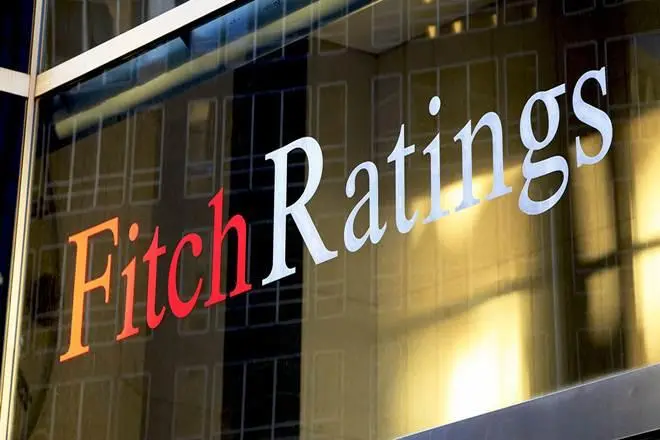Ghana’s banking sector is navigating a complex landscape shaped by the country’s debt restructuring efforts. While the external debt restructuring has had a relatively muted impact on banks’ capitalization, the Domestic Debt Exchange Programme (DDEP) has presented a more significant challenge. The DDEP, which involved the exchange of existing government bonds for new ones with different terms, has generated substantial losses for banks holding these securities. However, regulatory forbearance measures, implemented to cushion the immediate impact, have masked the full extent of these losses. By allowing banks to phase in the recognition of these losses and by using inflated valuations for the new bonds, the true strain on the sector’s capital position remains understated. This creates a degree of uncertainty regarding the sector’s underlying financial health, as the eventual recognition of these losses could still impact capital adequacy ratios in the future.
Despite these challenges, the outlook for Ghana’s banking sector is showing signs of improvement. Fitch Ratings, a global credit rating agency, has assigned an “improving” outlook for the sector in 2025. This positive outlook is driven by several factors. Firstly, the completion of the external debt restructuring removes a significant source of uncertainty and potentially unlocks new financing opportunities. Secondly, the Ghanaian economy is demonstrating signs of stabilization, contributing to a more favorable operating environment for banks. Improved economic conditions can lead to increased lending activity, lower non-performing loans, and greater overall profitability. Lastly, Ghanaian banks have demonstrated robust profitability in recent years, particularly during 2023 and 2024. This profitability, fueled by high yields on government securities, has played a crucial role in bolstering capital levels and offsetting some of the losses incurred from the DDEP.
The high profitability experienced by Ghanaian banks in 2023 and 2024 can be attributed to the unique circumstances surrounding the DDEP. The exchange of old government bonds for new ones resulted in higher yields on the new securities. This, in turn, boosted the interest income earned by banks holding these bonds. While this has been a positive driver of profitability in the short term, it also reflects the higher risk associated with these new bonds. As the economic situation stabilizes and the government’s creditworthiness improves, these yields are expected to normalize. Therefore, banks will need to focus on diversifying their income streams and improving operational efficiency to maintain profitability in the long run.
The regulatory forbearance measures implemented in the wake of the DDEP have provided banks with temporary relief by allowing them to defer the full recognition of losses and utilize potentially inflated valuations for the new bonds. However, this approach also introduces a level of artificiality in the reported capital positions of banks. The true extent of the DDEP’s impact will only become fully transparent once these forbearance measures are lifted and the losses are fully recognized. Regulators face the challenge of balancing the need to support the banking sector during a period of stress with the importance of maintaining transparency and ensuring the long-term stability of the financial system.
Moving forward, maintaining profitability will be a key priority for Ghanaian banks as they navigate the lingering effects of the DDEP and work towards restoring full capital strength. Strategies for achieving this include focusing on core lending activities, managing operating costs effectively, and diversifying revenue streams. The improving economic environment is expected to support these efforts by creating opportunities for loan growth and reducing the incidence of non-performing loans. Furthermore, a stable macroeconomic environment will contribute to lower credit risk and improve the overall asset quality of banks.
In summary, Ghana’s banking sector is on a path to recovery, supported by an improving economic outlook and robust profitability. While the DDEP has posed a significant challenge, regulatory forbearance has helped to mitigate the immediate impact. However, the full extent of the DDEP’s impact on capital levels remains to be seen as these forbearance measures are gradually phased out. Maintaining profitability and leveraging economic stabilization will be crucial for banks to fully recover from the DDEP and restore their capital strength to pre-crisis levels. The sector’s long-term resilience will depend on its ability to adapt to the changing economic landscape, manage risks effectively, and strengthen its core operations.


